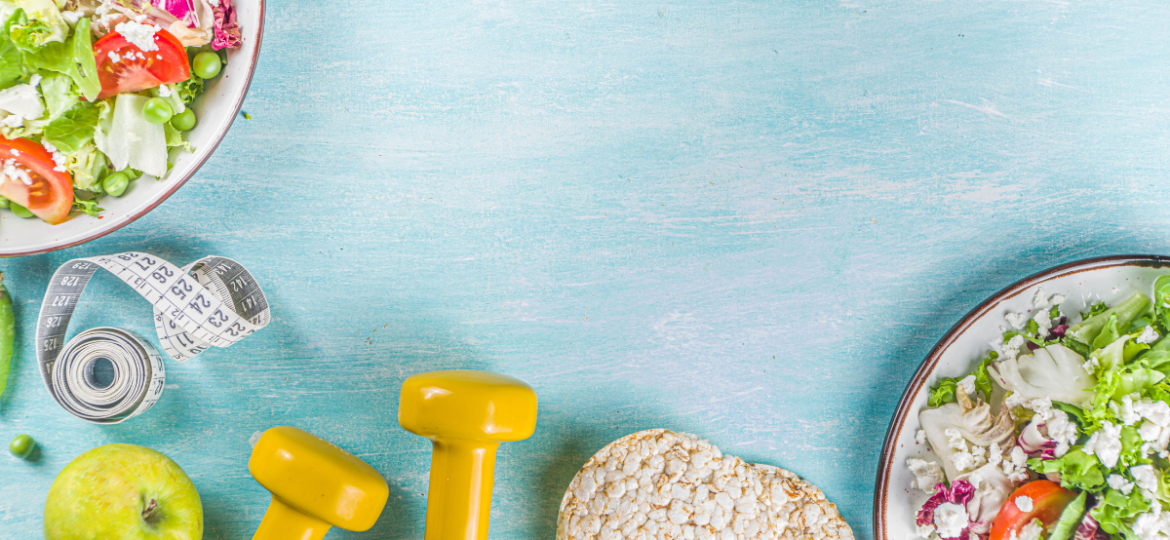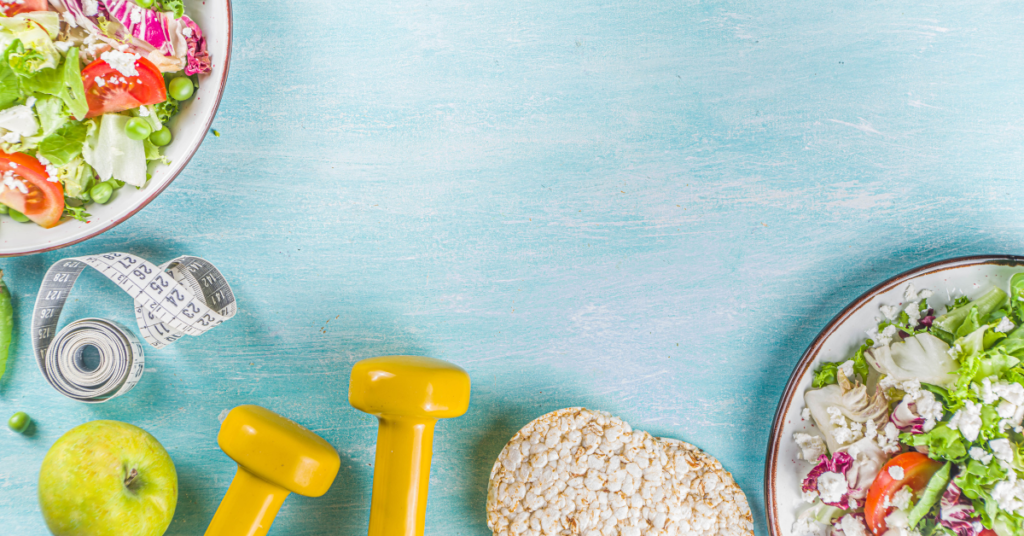
What is Diet Culture?
Diet culture is a set of beliefs that worships thinness and equates it with health and moral virtue, according to anti-diet dietitian, Christy Harrison, M.P.H., R.D., C.D.N. It is in such a big part of our lives that we might not even recognize it all of the time. Diet culture can affect how we feel about ourselves and how we treat ourselves. Diet culture is all about assuming that eating a certain way can help us achieve the “right” body size. But in reality, there is no “right” body size and doing the “right” weight loss trend isn’t going to get you there. Diet culture is harmful because it promotes discrimination, it fuels a business that wants to take your money, it distracts from a larger societal issue, and it normalizes disordered eating. But most of all, it sets you up for feeling like failure.
98% of Diets Fail
You’re set up for feeling like you’ve failed because in reality 98% of weight loss diets fail. More specifically, “Up to 98% of people, according to research, regain all the weight that they lost within five years, and up to two-thirds of people end up regaining more weight than they lost,” says Christy Harrison. One reason for diets often failing is because our bodies are designed to prevent us from famine. The chance that you will be in the 2% are very slim, ultimately setting you up for failure and a negative self-worth.
What is the Anti-Diet Movement?
The anti-diet movement is rooted in the belief that a person’s food doesn’t need to be policed or restricted with rules and that weight is not the most important health marker. Achieving health does not always mean that you have lost weight. By not dieting, you’ll be able to learn what makes your body feel your best or what makes your body feel bad and then you can choose what you want to eat. You’ll be intuitively eating, which is ultimately the core of the anti-diet movement. It will encourage you to focus on your body’s needs and discourage you to focus on associating morality with food.
Anti-Diet Does Not Mean Anti-Health
This is a big misconception with the anti-diet movement. Diet culture is often about saying we need to look a certain way in order to be healthy, but that is not the case. The anti-diet movement contributes to challenging these societal beliefs, but does not mean anti-health. Listening to what makes your body feel best and following those eating patterns can make you your healthiest self. Losing pounds on the scale isn’t the only way for someone to be healthy. Anti-diet actually takes a very compassionate stance on people, health, and wellness which results in overall better health.
Intuitive Eating
Intuitive eating is a large part of the anti-diet movement. RDN Evelyn Tribole says that intuitive eating is “a self-care eating framework where you’re the expert on your body.” She coined the term along with Elyse Resch, RD in 1995. Intuitive eating is not about dieting but is instead based on the idea of “interoceptive awareness” where you listen to your body. You listen to your body and give it what it needs. For example, you’ll eat when you’re hungry and stop when you feel full no matter how much is left on your plate. Everybody is different and it is important to listen to what your body is saying rather than following the new dieting craze.
Recovering
It’s not easy changing dieting habits or recovering from an eating disorder. If you’re looking for outside support to help you get there, check out my website here. There are coaching services provided, books, and blogs to help you work through the process.

